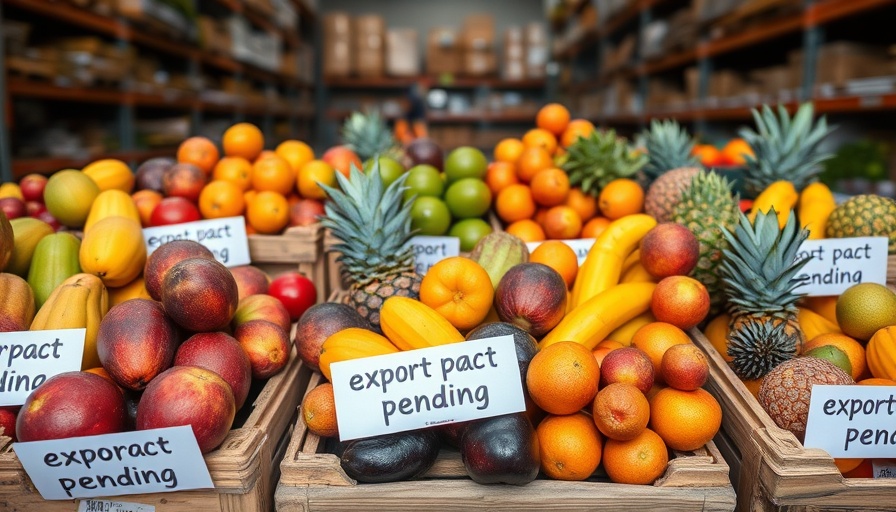
The Future of Southern Africa’s Banking: Innovation at the Forefront
The 21st Edition of the Connected Banking Summit, a premier event tailored for executives, professionals, and entrepreneurs, is set against a backdrop of rapid digital transformation in Southern Africa. With an impressive lineup of thought leaders and innovators, the summit aims to illuminate how technologies like AI, cloud computing, and blockchain are reshaping the banking and financial services sector. This platform not only highlights the innovations driving change but also recognizes excellence through the Innovation & Excellence Awards. As we delve into the specifics, we can predict that the future of banking in the region will heavily lean on these cutting-edge technologies.
Understanding the Role of Technology in Banking Evolution
Digital transformation is not just a buzzword; it's the lifeline of modern banking. The integration of technologies such as machine learning, data analytics, and cybersecurity can streamline operations, enhance user experiences, and foster innovation. Participants at the summit will explore how these elements contribute to creating smart banking solutions that cater to an increasingly tech-savvy populace.
The Rise of Fintech in Southern Africa
Fintech has emerged as a vital player in the financial landscape, providing opportunities for startups and established institutions alike. With cryptocurrency and digital payments gaining traction, Southern Africa is witnessing a shift in how transactions occur. Attendees will engage in discussions on how fintech startups can collaborate with banks to enhance service delivery, increase financial inclusion, and ultimately strengthen the digital economy.
Highlighting Key Innovations in the Banking Sector
This year's summit will place a spotlight on innovative technologies that are revolutionizing banking. For instance, the potential of advanced technologies like artificial intelligence and biometrics to enhance security measures in banking systems cannot be overstated. These technologies are pivotal in combating cyber attacks and ensuring data privacy, which are paramount in today’s digital age.
A Glimpse into the Awards Ceremony and Recognition
The Innovation & Excellence Awards serve as a testament to the remarkable achievements within the banking sector. By celebrating those who have excelled in implementing groundbreaking financial technologies, the summit not only acknowledges the existing contributors but motivates others to pursue innovation as a path toward success. Such recognition can inspire further investment and development in the tech ecosystem.
Future Predictions for Southern Africa’s Banking Landscape
As the Connected Banking Summit unfolds, the potential for future innovations and collaborations is palpable. The conversation around digital skills and tech talent is becoming increasingly relevant, suggesting a shift towards building a workforce that is equipped with the necessary competencies to thrive in this evolving landscape. Companies that invest in training and development will likely lead the market.
Technology's Broader Implications on Society
The implications of tech advancements in banking extend beyond mere transactions. They shape societal structures by promoting digital inclusion and enhancing accessibility to financial services. This summit isn't just about business; it reflects a broader commitment to fostering a more inclusive economy that benefits all segments of society.
A Call to Action for Attendees and Stakeholders
As we approach the summit, it's crucial for attendees to seize the myriad of insights and networking opportunities available. Whether you are a seasoned executive or a budding entrepreneur, the discussions held during this event will pave the way for new partnerships and collaborative efforts within the tech and banking sectors. Bringing these innovations from discussion to practice is vital for staying ahead in an ever-competitive market.
This year's summit promises to be crucial in shaping the future of banking in Southern Africa. For all stakeholders, engaging in this dialogue is imperative as it may lead to groundbreaking advancements that redefine the financial landscape. Join the conversation, share your insights, and drive the future of banking.
 Add Row
Add Row  Add
Add 




Write A Comment